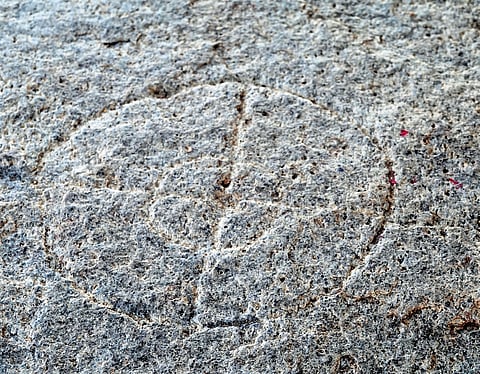Decoding traditional games
CHENNAI : For the last one month, I’ve been working to document the memories of people and how they played as children. I’ve tried to talk to people who are in a wide range of professions, so their perspectives would be different. It was a rewarding exercise in many ways because I discovered that those memories brought smiles to their faces. I also discovered that there is an endearing charm to the memories of childhood. But in many ways, I was also sad. While memories touched on the more well-known common games such as Gilli Danda, the spinning top, marbles, kites, and a few better-known board games, very few people had memories of playing games beyond that.
The wide variety of board games that have been a part of our board game tradition has completely vanished from their memories or were never there in the first place. Instead there were memories of more modern games of ‘Trade’ and ‘Monopoly’, and others.
Yet, we have a rich culture of games in our country and engravings on the floors of temples and monuments, indicate there was a strong culture of play. Granted that my documentation was limited to Chennai for this month. However, even in the city of Chennai, there are engravings in temples and monuments that talk of numerous other board games.
Even though there were many senior and super seniors in the group, they could not remember or even mention these games. Evidently, many of these games have vanished even before their generation.
It makes the documentation of the memories and the need to preserve engravings of the games even more critical. We have lost a lot, but we cannot afford to lose anymore. We must continue to keep our games alive by brushing away the cobwebs in our mind and finding little threads or snippets of memories so the few games that we do remember do not vanish altogether.
But what about those games we have forgotten? It is tragic. It is sad. But all is not lost. Luckily some of them survive in other parts of the country and have even travelled to other parts of the world so with some luck we may be able to draw information and knowledge from them.
It is those games that we have lost from active play completely that run the risk of dying altogether.
I request every one of you to please reach out to friends, families who remember, and share with us the memories of the games they played. By reaching out to senior citizens and documenting their memories, their stories even, we can find clues to reconstructing many of our traditional games.
Sometimes all you need is a clue, a string to pull on, and then you can go from there. It is a few strings like that that we have pulled that is helping us slowly reconstruct many games.
When you are out, document the games you find on the floors of temples and monuments. Even if the games that are easily recognisable, the documentation of every inscription is critical to us. For in them lies the information about their popularity, their geographical spread and much, much, more
Why does this matter? Because these games are born from our thought processes elemental and crucial to the way human beings think and in them lie lessons that are as relevant today as the day they were created. By losing these games we lose a part of ourselves.
So, do write to me at vinita@kreedagames.com and share all you know about traditional games.

